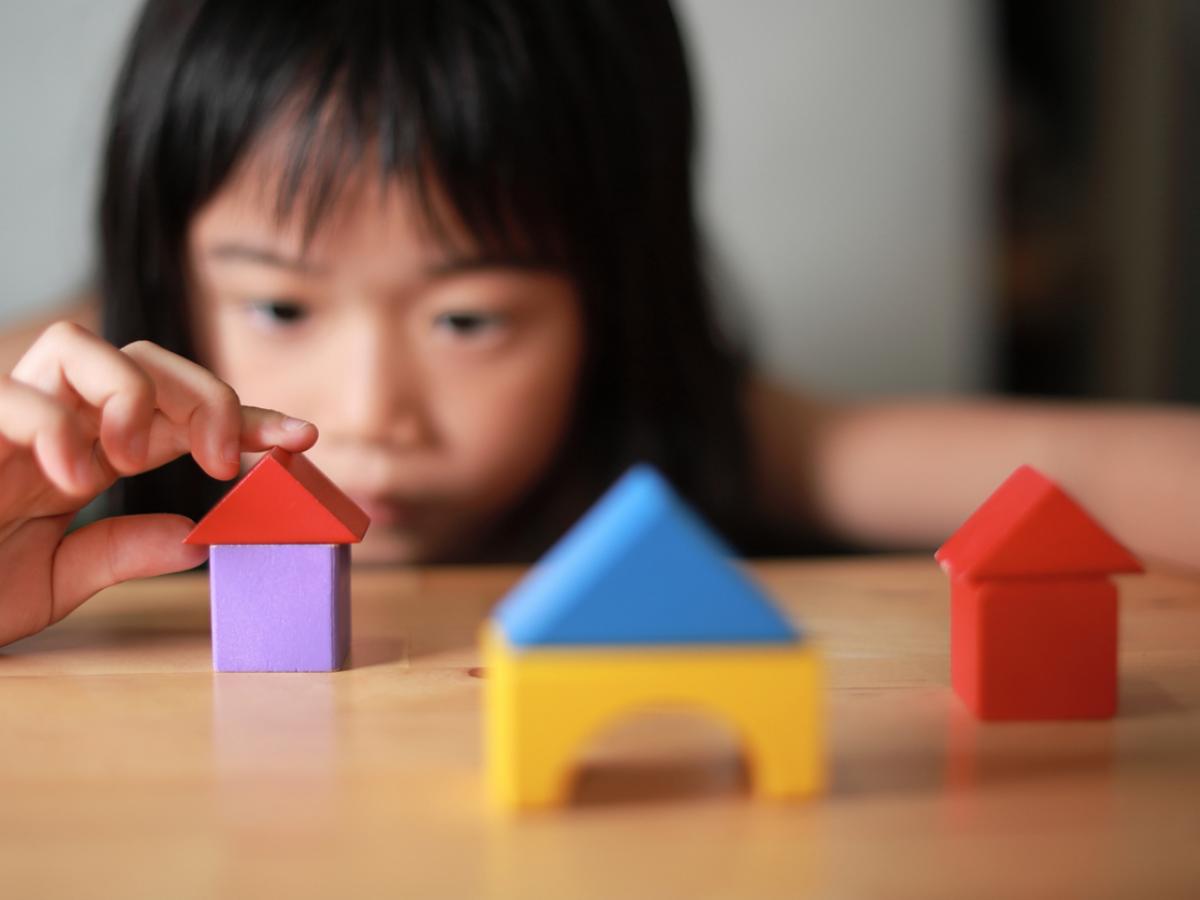University of Adelaide researchers have secured funding from the 2025 National Housing Research Program to develop a data framework for understanding children's housing circumstances in Australia and their impacts.

The new Australian Housing and Urban Research Institute (AHURI) research project will be led by Dr Amy Clair along with Professor Emma Baker, Claire Morey, and Professor Lynne Giles. It aims to address a critical gap in current housing research by focusing on children's experiences and wellbeing in relation to their living conditions.
"Housing plays an important role in children's lives in ways that are policy amenable and highly relevant to current concerns, yet children are relatively understudied in housing research," explains Dr Clair, who has focused on children's housing research over the past five years.
Research indicates that housing issues, such as poor affordability and an increased reliance on private renting, disproportionately impact households with children.
"For example, while private renting has increased by 31 per cent among the Australian population as a whole from 1997/98 to 2019/20, it has increased by 283 per cent among two-adult households with children," Dr Clair explains.
"There's an important link between people's housing and their wellbeing, but most existing research has focused on adults. While many results will also apply to children, particularly regarding things like exposure to physical housing problems such as cold, it is important to investigate the role of housing in children's wellbeing in their own right."
One of the key challenges identified is housing mobility, which can disrupt children's education and wellbeing.
"Housing mobility can affect children's education via having to change schools or increased distance to school, and housing stress can impact children because of changed parenting behaviours," Dr Clair says.
The project funding was secured through a competitive bidding process and will run from May 2025 to April 2026. The research involves reviewing existing literature and data on housing and children's wellbeing in Australia, followed by an analysis of newly collected data.
"It's surprising how little we know about what's behind the front door of Australian homes with children," Dr Clair says.
"We're going to build a picture of how housing circumstances for children have changed over time. The findings will guide the development of a policy framework and roadmap for future data collection and research.
"We're creating an advisory group of people who work in the fields of housing and with children to ensure that throughout we are informed by what is most useful and relevant for the people best placed to use the findings.
"We hope that this research project will provide a comprehensive overview of how children in Australia's housing experiences have changed over time, and what this means for children's wellbeing."
The project builds on the research team's prior research, including a 2024 survey of over 500 parents of children in South Australia, which revealed significant challenges faced by families:
- More than one in eight respondents reported not having enough money to meet essential needs after housing costs, rising to nearly one in five among private renters.
- Over a quarter of respondents reported that one or more of their children had to change schools due to moving home, while nearly one in four households in the private rental sector had moved three or more times within five years.
- Parents highlighted the impacts of housing issues on their children, including respiratory health issues due to mould, sleep disruptions from noise, challenges related to distance from school and friends following a move, and children's awareness of housing instability causing stress.
"The goal of these projects is to produce research that informs housing policy," Dr Clair says.
"Our findings will better enable policymakers to consider the needs of children and the people that care for them when developing policy, particularly relating to housing but also in other fields that are important for children, such as education."






